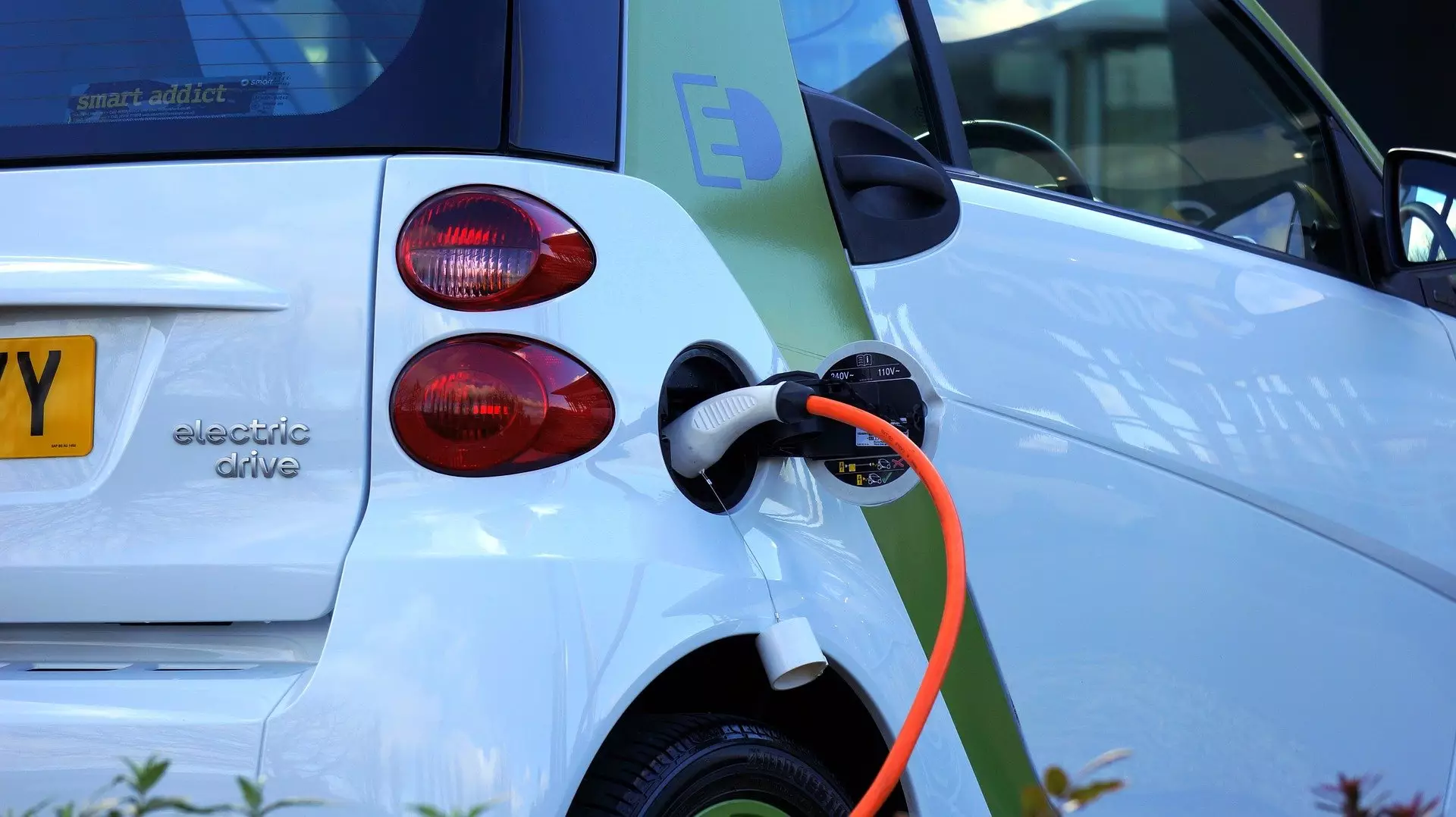The UK is at risk of being left behind in the global electric vehicle (EV) revolution, according to experts from Aston University’s Centre for Business Prosperity. In their report, titled “Powering the Future: Aligning Economic Policy for Automotive Sector Resilience in the face of Critical Material Challenges,” Professor Jun Du and Dr. Oleksandr Shepotylo highlight the urgent need for policy intervention to ensure the UK’s automotive industry remains a critical pillar of the British economy.
The report’s analysis reveals that the UK is currently in a weak position to capitalize on the EV revolution and immediate market opportunities. The pace of change in the industry means that policymakers cannot afford to lag behind. One of the major challenges faced by the UK is its heavy dependency on battery imports, with imports exceeding exports by 10.5 times. This critical dependency puts the UK at a disadvantage compared to countries like Germany and China, which lead in terms of EV exports. The researchers argue that the UK’s automotive sector faces multifaceted challenges arising from technological advancements, socioeconomic transformations, and geopolitical intricacies. These challenges require agile and responsive economic policies.
The UK’s departure from the EU, as outlined in the Trade and Cooperation Agreement, further complicates the situation. Navigating non-tariff measures and rules of origin that influence EV exports becomes more challenging as a result of Brexit. In a highly competitive global market, characterized by escalating industrial policies, the need for nimble responses becomes evident.
The report highlights the UK’s diversified export portfolio and its modest reliance on global value chains (GVCs) as potential advantages in the context of the EV revolution. However, short-term concerns related to EV battery supply chains can be attributed to trade policy issues. These concerns may evolve into medium-term dependencies on battery materials and production.
To fortify the UK’s presence in the global EV market, the report outlines a four-point plan for automotive sector resilience:
1. Strategically targeting global opportunities in the EV revolution: The UK needs to identify and seize opportunities in emerging markets to secure its position in the industry.
2. Optimizing trade policy: Trade policies should be continuously reviewed and adapted to ensure favorable conditions for the export of EVs and related components.
3. Strategic investments in EV battery production: The UK should invest in developing its domestic battery production capabilities to reduce dependency on imports.
4. Crafting a future-ready industrial strategy: An industrial strategy that aligns with the evolving dynamics of the global electric vehicle market is crucial for long-term growth and competitiveness.
The report emphasizes the importance of continuous monitoring of global value chains to minimize the UK’s dependency on battery imports. While the UK faces the risk of continued critical dependency, its EU competitors are actively reducing this risk. Professor Jun Du emphasizes the need for resilient and competitive policy ideas that align with the evolving dynamics of the global electric vehicle market. Implementing the recommendations outlined in the report can effectively cement the UK’s leadership position in the realm of electric mobility, ensuring enduring growth, competitiveness, and innovation.
Urgent policy intervention is needed to safeguard the UK’s automotive industry in the face of the evolving electric vehicle revolution. With strategic investments, optimized trade policies, and a future-ready industrial strategy, the UK can fortify its position in the global market. It is crucial for policymakers and industry stakeholders to act swiftly and decisively to avoid being left behind in a rapidly changing industry.


Leave a Reply